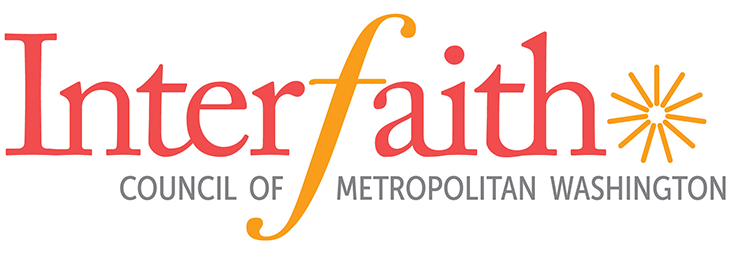This year has brought many challenges to the forefront of our view: the pandemic, the economy, the wealth gap in America. One of the most significant challenges this year has elevated is the ongoing reality of racism. Here in the United States, we have learned the names Ahmaud Arbery, Breonna Taylor, and George Floyd. These three African-Americans died in 2020 not as a result of the coronavirus, but amid interactions with either the police or vigilantes. These deaths (and more) have brought to the forefront of the national consciousness the challenges we as a nation continue to face in dealing with race, racism, policing, and more.
African-American faith communities have long been having discussions about these matters, but in recent years, an increasing number of faith leaders in white communities have publicly discussed why racism is antithetical to their religious tradition. This fall, for example, two white faith leaders have made significant statements in light of these deaths. In Salt Lake City, Russell Nelson (President of the Church of Jesus Christ of Latter-Day Saints) spoke to these challenges in a recent semi-annual gathering. “God does not love one race more than another. His doctrine on this matter is clear,” said Nelson. “I assure you that your standing before God is not determined by the color of your skin.” In his remarks, Nelson later added, “I grieve that our Black brothers and sister the world over are enduring the pains of racism and prejudice.”
Meanwhile, Pope Francis I of the Roman Catholic Church also addressed these matters In a new Encyclical entitled Fratelli Tutti, Pope Francis wrote the following:
Racism is a virus that quickly mutates and, instead of disappearing, goes into hiding, and lurks in waiting … every brother or sister in need, when abandoned or ignored by the society in which I live, becomes an existential foreigner, even though born in the same country. They may be citizens with full rights, yet they are treated like foreigners in their own country.
Pope Francis emphasized the pains of racism within a larger context of oppression and an appeal for genuine human fellowship.
It is noteworthy that religious leaders like these, around the world, are rising up in this moment to decry racism and to call their followers to confront the inequities and injustices faced by black, indigenous and additional people of color everyday. IFC encourages all people of faith to explore the statements and calls to action of their leaders and to reflect on how they are personally led to respond at this critical time.
For additional recent statements on racism by multiple faith traditions, click here.
